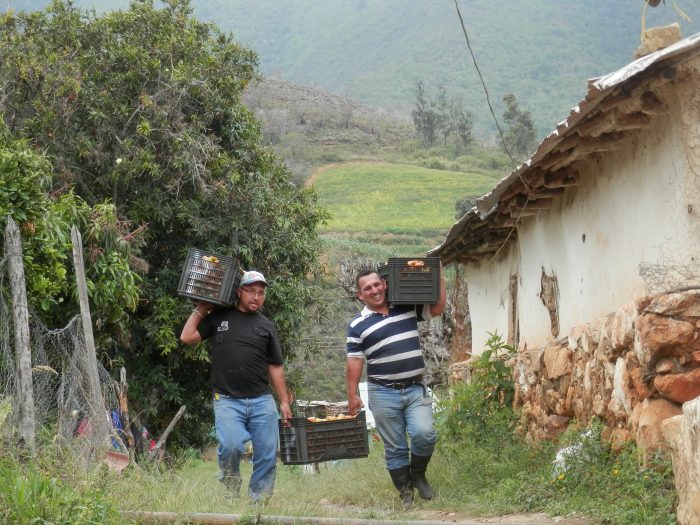By Elena Garcia
Family farmers are being taken over by corporate agribusinesses, their land is being polluted by mining companies and they are powerless to stop and the supermarket duopoly of Coles and Woolworths which keeps prices low for consumers by paying producers prices so low they barely cover costs.
At the same time there is increasing speculation in buying water rights. Farming cannot survive without clean water. The most reliable source of water is artesian, which the mining industry can draw from unregulated and pollute at will.
Meanwhile banks are foreclosing on drought-struck farmers so they can sell the still viable farms to corporations, both domestic and foreign.
Farmers cannot win this battle against the corporations without allies. Australia is one of the most urbanised countries on Earth. Almost 90% of Australians live in urban areas. We have some of the cleanest, most regulated food production in the world. If you want to protect that quality, it is time to support and protect our farmers.







